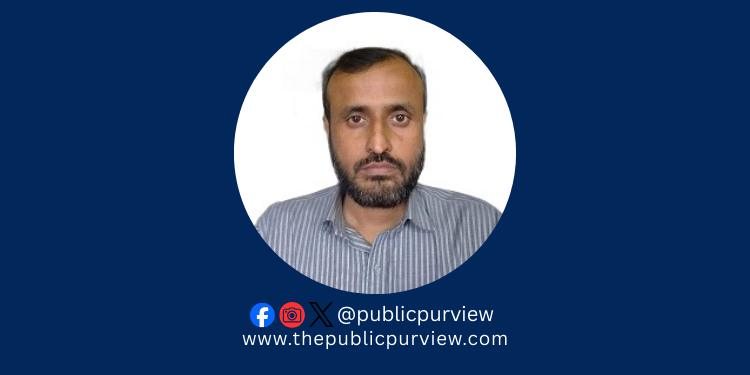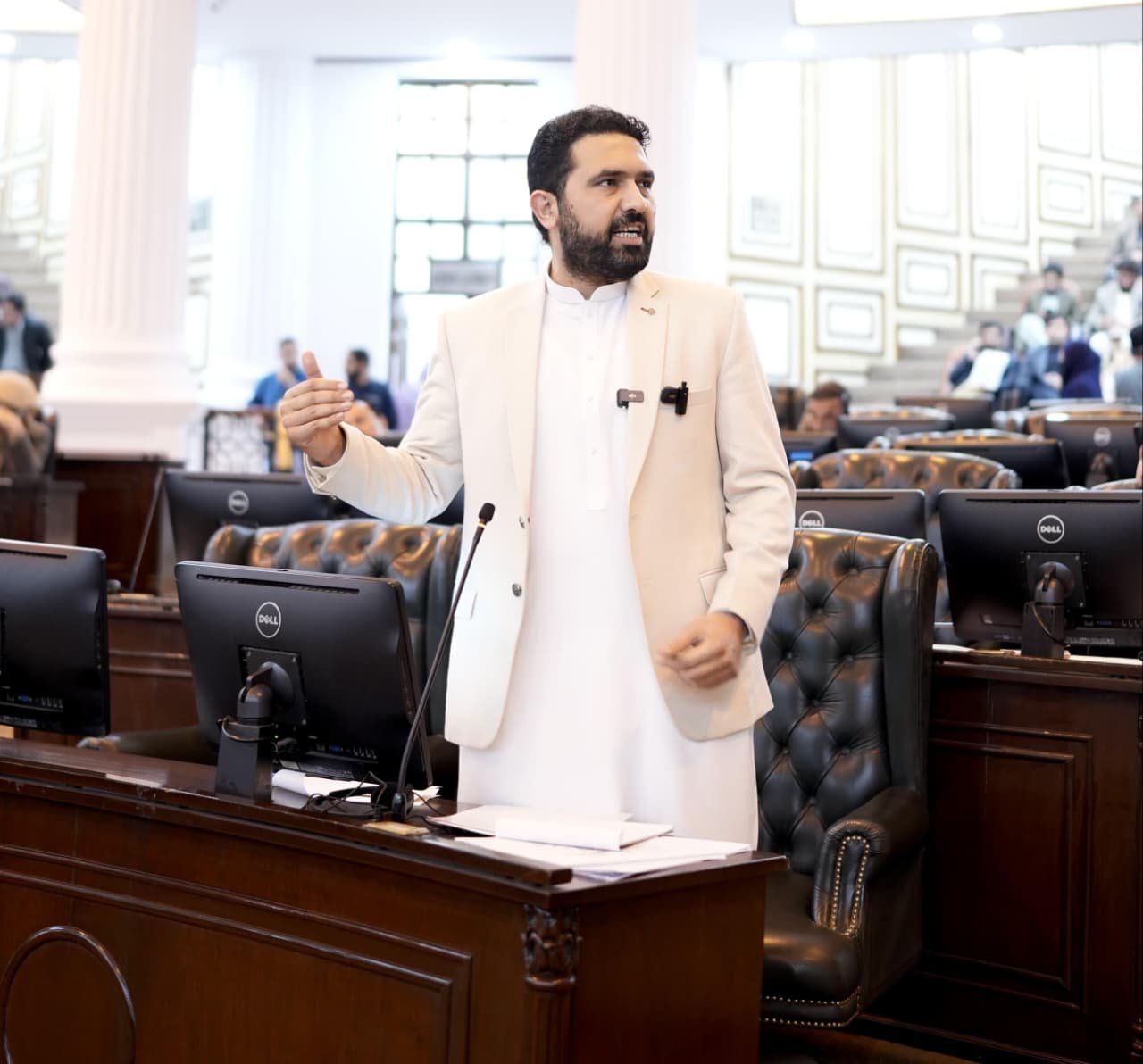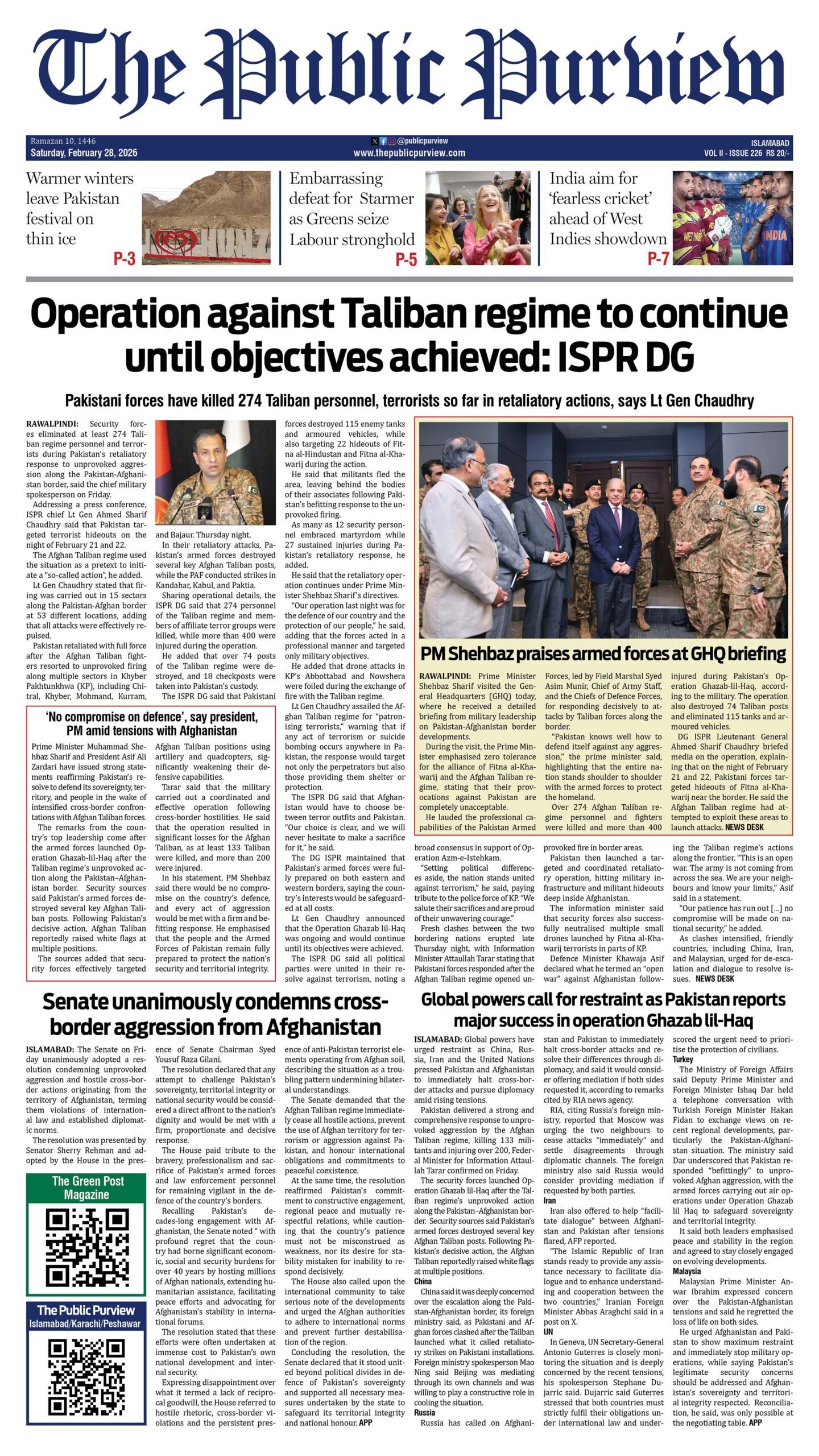Asif Mehmood Awan
Rising Health Concerns in Pakistan
Abbottabad: Currently, one in every nine Pakistani women suffers from breast cancer. Experts attribute this to short childbearing intervals, unsafe drinking water, and other medical factors. Men in Pakistan are also increasingly affected by the disease.
Young doctors, both in Pakistan and abroad, face low salaries. Pakistan has only half the number of doctors compared to the United States, which affects the country’s ability to solve health problems. Additionally, many female doctors leave professional practice to become homemakers. This trend limits healthcare access and underscores the urgent need for reforms in the health sector. Speakers at the three-day International Medical Research Conference emphasized that institutions and doctors must actively address these challenges.
Conference Objectives and Organizers
The conference took place at the Women’s Medical and Dental College, Abbottabad, and aimed to bridge gaps between medical education, research, and clinical practice. Speakers delivered lectures both live and online.
Six key institutions helped organize the event, including:
-
Women’s Medical College, Abbottabad
-
Khyber Medical University
-
Pakistan Association of Pathologists
-
Medical Women Association Pakistan
-
Pakistan Medical Association
-
Pakistan Physiological Society
-
Pakistan Academy of Family Physicians
-
South Asian Association of Physiologists
-
Jinnah College of Nursing
-
Women Institute of Facilitation Sciences
Highlights from Day One
The inaugural session featured several speakers:
-
Dr. Iftikhar Qayyum on Medical Research and Innovations
-
Prof. Dr. Hina Ahmed on Ethical Use of AI in Medicine
-
Dr. Naushad Asim on Transforming Assessment in Medical Education
-
Dr. Irfanuddin Khattak on High Ethics in Practice
-
Dr. Iftikhar Qayyum conducted an SPSS Hands-on Workshop
Day Two Sessions
Professor Dr. Angelique Coetzee discussed integrating research and clinical practice. Dr. Saira Afzal spoke on TB diagnosis, while Dr. Mubashir Iftikhar explored AI’s role in clinical diagnosis. Prof. Dr. Ijaz Hussain Khan addressed strengthening health facilities, and Dr. Maria Hidayat highlighted AI ethics in clinical research.
Later sessions covered mental health and addiction:
-
Dr. Aftab Alam Khan on causes of drug addiction
-
Dr. Muhammad Rizwan on climate change and mental health
-
Dr. Yasir Masood Afaq on multi-sectoral mental health approaches
-
Dr. Muhammad Tariq on technology and policy reforms
-
Dr. Ayesha Humayun on psychological safety at workplaces
-
Dr. Sadaf Nazir on youth empowerment
Ethical and AI-related discussions included:
-
Dr. Shahid Shamim on ethical AI in research
-
Dr. Rabia on AI and climate change
-
Dr. He Qing on AI in modern healthcare
-
Dr. Zahra Fayyaz on lung particle detection
-
Waheed Al-Jinan on AI in clinical diagnosis
Medical education discussions included:
-
Dr. Majeed Chaudhry on challenges in medical education
-
Dr. Hina Ahmed on maintaining research quality
-
Dr. Tatyana Lashmanova on telemedicine
-
Dr. Abdullah Qazi on faculty development
-
Dr. Waseemullah on blood pressure studies
-
Dr. Fatima Aman on mobile phones in curriculum requirements
Cancer and Radiotherapy Focus
The second day concluded with:
-
Dr. Hina Javed on breast cancer awareness among health experts
-
Prof. Zhi Zhang on cellular immunity
-
Dr. Ibtisam on uterine cancer
-
Dr. Shahidullah Khan on technology in cancer treatment
-
Dr. Li Wei on nanotech therapy
-
Dr. Hajra Jabeen on modern radiotherapy trends
Final Day Sessions
The third day featured discussions on ethical decision-making and low-resource clinical settings:
-
Dr. Shamsa Humayun on clinical challenges and research ethics
-
Dr. Zainab Nazanin on ethical hospital resource allocation
-
Dr. Irfanuddin Khattak on patient treatment in low-resource areas
-
Prof. Dr. Moudat Hussain Rana on ethical dilemmas in AI treatment
The academic clinical collaboration session included:
-
Dr. Wajih Rizwan on community-based medical education
-
Dr. Ariful Haq on strengthening public health in Bangladesh and China
-
Dr. Siraj Qazi on nursing collaboration
-
Dr. Muhammad Shahzad Khan on personalized medicine
The keynote session highlighted:
-
Prof. Malak Hussain Bukhari on clinical and pathology links
-
Dr. Omar Ali Khan on relief and happiness
-
Dr. Arshad Nizami on challenges in medical education
-
Dr. Samina Malik on early breast cancer diagnosis
-
Dr. Shabiha Zaidi on ethical health worker development
-
Dr. Rashid Mahmood on qualities of an ideal teacher
Concluding Remarks
Dr. Tahir Irfan Khan, Vice Chancellor of Abbottabad University of Science and Technology, distributed shields and certificates to outstanding students and guests. He praised the conference organization and stressed the importance of continuing such programs.
The principals of Women’s Medical College, Dr. Salma Kundi and Dr. Muhammad Zahar Jadoon, thanked participants and reaffirmed their commitment to enhancing medical education and healthcare services in Pakistan







 Today's E-Paper
Today's E-Paper